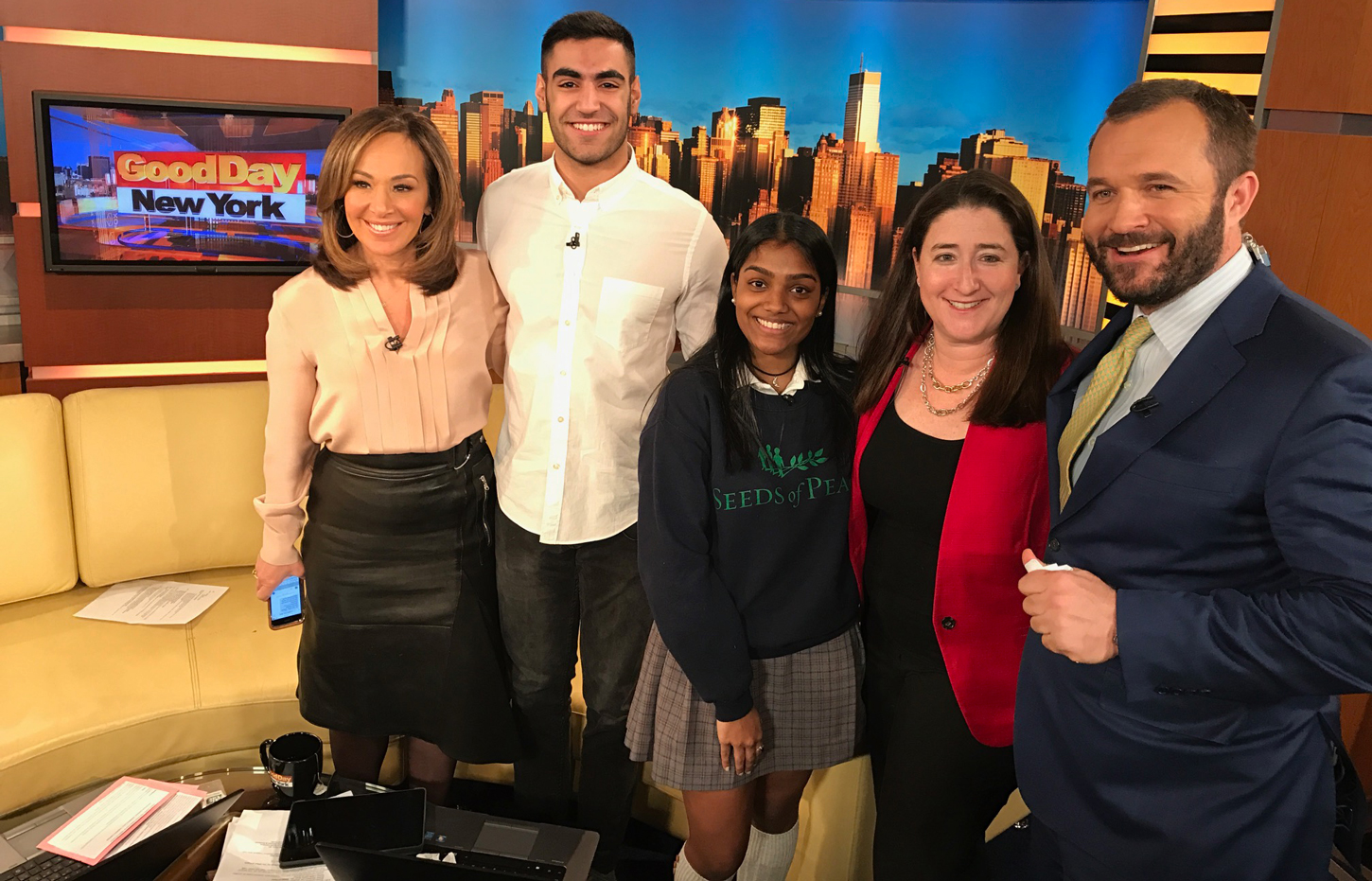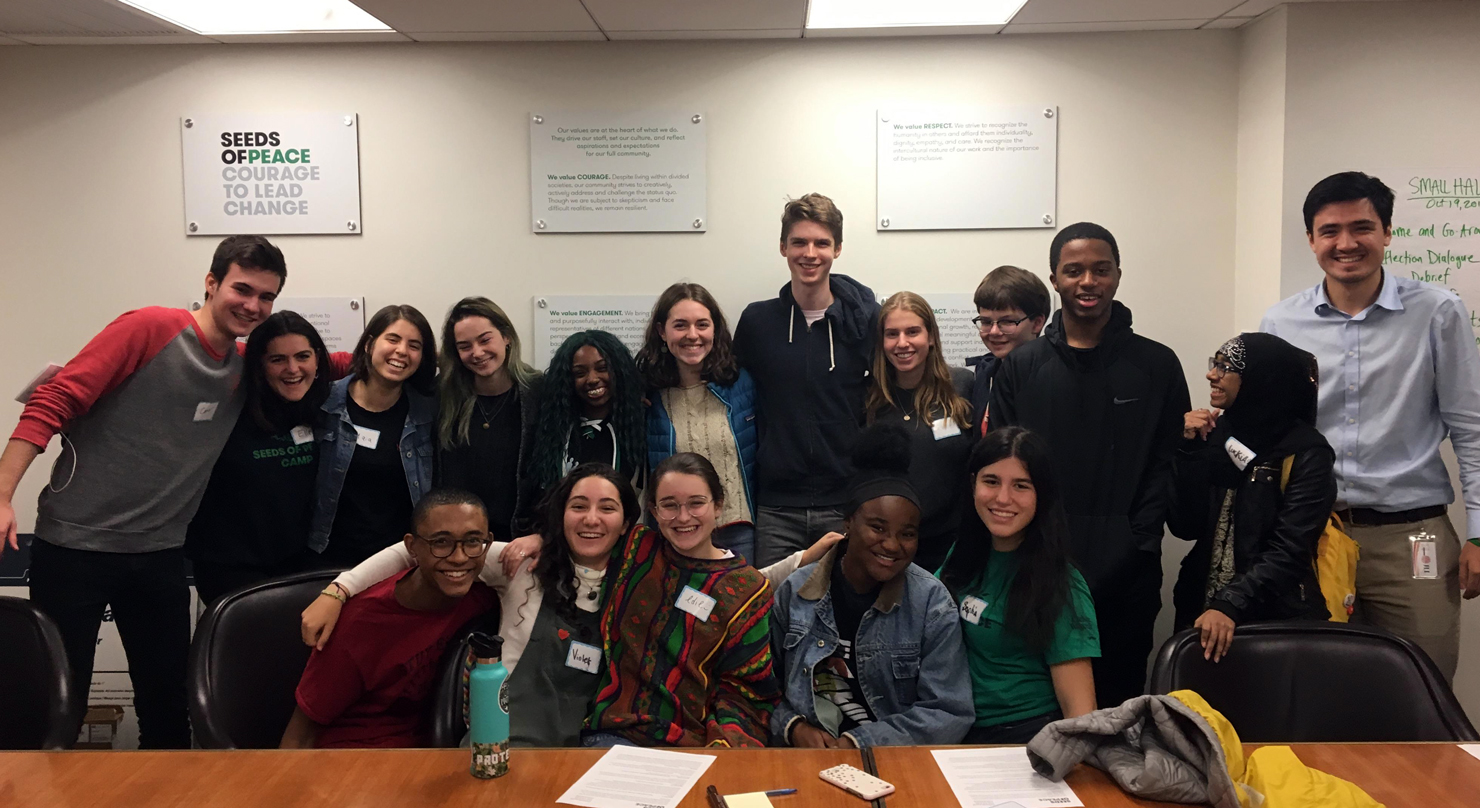To the Editor:
An Aug. 22 editorial says Bill Clinton “is showing no signs of flinging himself into good works the way Jimmy Carter did.”
No signs? There are many. To name just a few, President Clinton is helping small businesses and schools in Harlem, raising millions (with Bob Dole) for families of the victims of Sept. 11, building homes, hospitals and schools after the earthquake in India, working with Nelson Mandela to fight AIDS globally, starting the Clinton Democracy Fellows in South Africa, and aiding scores of charitable causes, from Seeds of Peace in the Middle East to the William J. Clinton International Peace Center in Northern Ireland to the Robin Hood Foundation in New York.
Former presidents have done many good works, but I can think of none who have done more within 19 months of leaving office than President Clinton.
JIM KENNEDY
New York, Aug. 23, 2002
The writer is communications director, office of William J. Clinton





 NEW YORK | Palestinian President Mahmoud Abbas met with Seeds of Peace today to reaffirm his commitment to the organization’s conflict resolution and leadership programs for young people from throughout the Middle East.
NEW YORK | Palestinian President Mahmoud Abbas met with Seeds of Peace today to reaffirm his commitment to the organization’s conflict resolution and leadership programs for young people from throughout the Middle East.